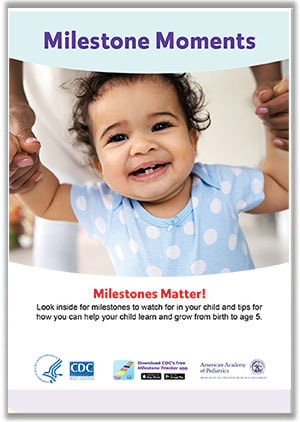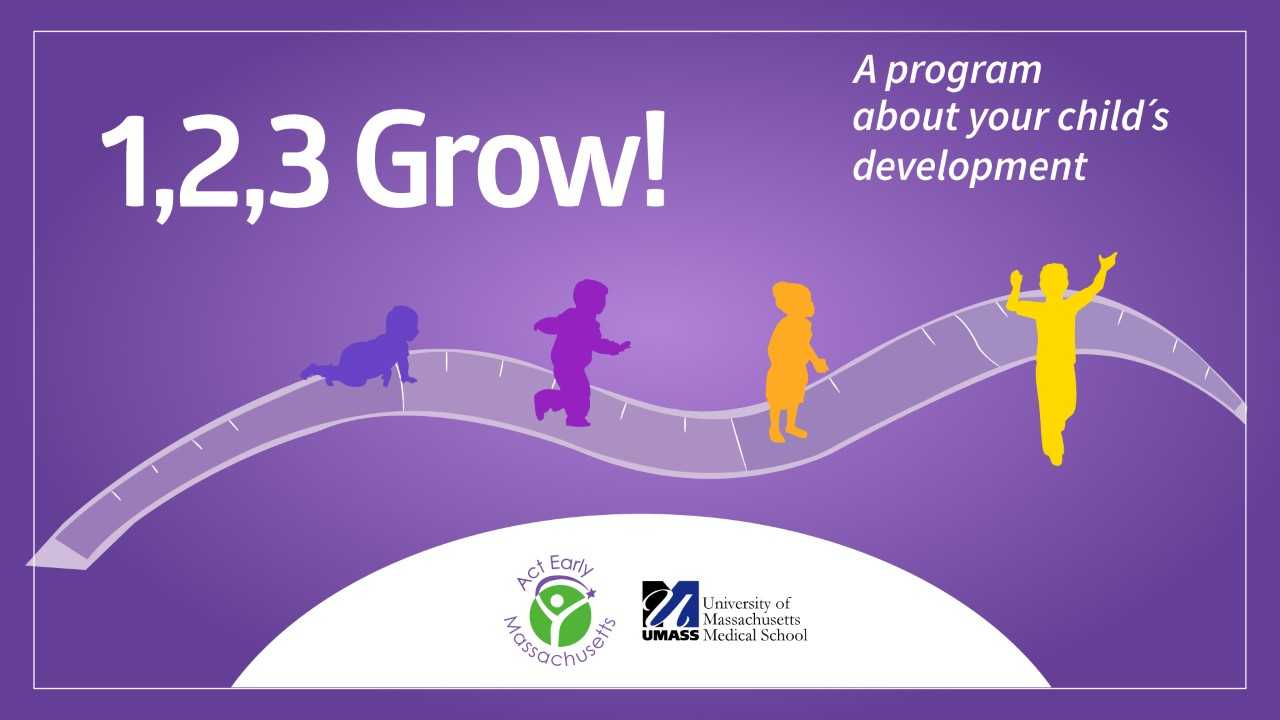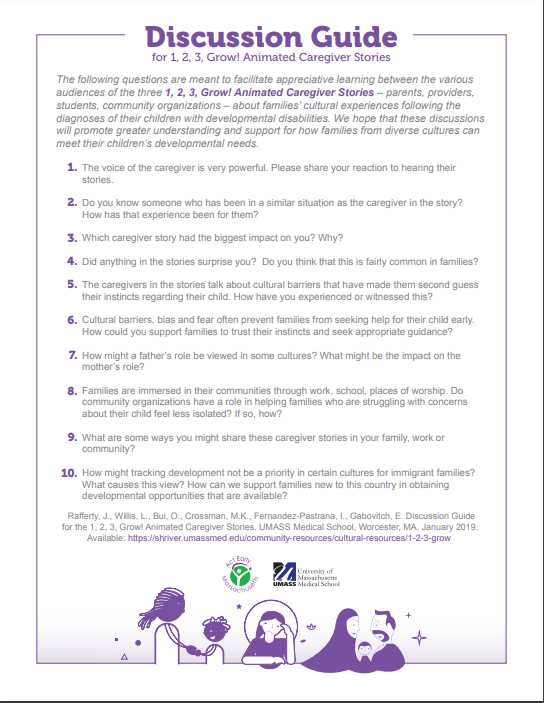MA Act Early News & UpdatesWelcome to Massachusetts Act Early
Massachusetts Act Early aims to educate parents and professionals about healthy childhood development, early warning signs of autism and other developmental disorders, the importance of routine developmental screening, and timely early intervention whenever there is a concern. Whether you are a parent or a professional who works with young children and their families, our hope is that you will find helpful information at the MA Act Early website to promote healthy development in all children. Go to our "Events & Webinars" page to access past event trainings and slides! Massachusetts Act Early is the state campaign for the national "Learn the Signs. Act Early." program run by the Centers for Disease Control and Prevention’s (CDC) National Center on Birth Defects and Developmental Disabilities (NCBDDD), in collaboration with the Health Resources & Services Administration's (HRSA) Maternal & Child Health Bureau (MCHB). Check out the new "Development is a Journey" roadmap from Brazelton Touchpoints Center:
https://www.brazeltontouchpoints.org/development-is-a-journey/ There are four versions of the Conversation Roadmap: one for pediatric primary care providers, another for home visitors, and a third for early care and education providers; as well as a version for staff who utilize Developmental Monitoring checklists. “1, 2, 3, GROW!” Opens Doors for Parents to Multicultural Information on Early Childhood Development
Each “1, 2, 3, Grow!” show includes a local pediatrician and program host who speak the language of their cultural audience: English, Spanish, Portuguese, Mandarin, Haitian Creole, Arabic, and Vietnamese, as well as a show that focuses on African-American needs. The shows present CDC Milestones in Action video examples of healthy development and signs of concerns, as well as original interviews with parents of children with developmental disorders from diverse cultures. At the end of each show, viewers will receive contact information to the local resource Family TIES of Massachusetts where a family specialist can help them obtain translated materials and referral information to local providers if needed.
The three new “1, 2, 3, Grow! Animated Caregiver Stories” use audio from parent interviews and animate the stories for educational use in classroom or office settings. The short videos address the topics of cultural stigma and folk remedies, religious concerns, and the role of fathers as they relate to having a child with a disability. A 10-question companion discussion guide facilitates rich discussions when used with the caregiver stories or the full cable TV shows. How to Watch?
We encourage early childhood professionals to use the Animated Caregiver Stories as a teaching tool as well as to ask their cable providers to request the free shows for local broadcast. For more information about “1, 2, 3, Grow!” and to check back for show dates as more providers are added to the list, please visit https://shriver.umassmed.edu/community-resources/cultural-resources/1-2-3-grow. For information and resources from the CDC “Learn the Signs. Act Early.” campaign, please visit www.cdc.org/actearly. |
Our State Ambassador
Kate Barlow, OTD, OTR/L, IMH-E®, FAOTA Associate Professor American International College Learn more about Kate here! New Videos:
|


